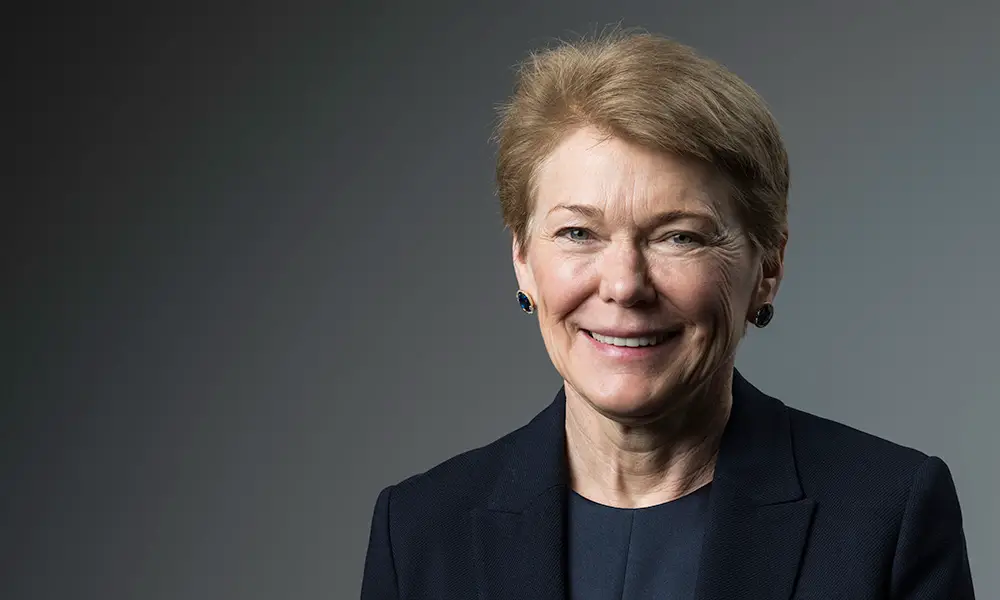The University of Rochester has named Sarah C. Mangelsdorf as its first female president.
A psychology professor who currently holds the charge as a provost at the University of Wisconsin–Madison, Mangelsdorf will succeed Richard Feldman as the University’s new chief executive.
“We were in contact with more than 200 people in developing the pool of possible candidates to find the very best person to be the next president of the University of Rochester,” Rochester’s Board Chair Richard Handler said in a statement.
“Sarah is super smart, an empowering, compassionate, and kind leader, is expert at managing complexity and overcoming challenges, and will work tirelessly in tandem with our students, faculty, staff, and trustees to make the University of Rochester the best it can be. When people meet her, there will be no doubt why she was the unanimous choice of every constituency on the search committee as well as the entire Board of Trustees. I can’t wait to work with her!”
She is well-known for her research on the social and emotional development of infants and young children and was selected by the higher education search firm Spencer Stuart, which was hired by the university to search the best person for the job.
Mangelsdorf will formally take over as the president in summer of 2019.
Harvard’s Student-Run Newspaper Elects First Black Woman President



